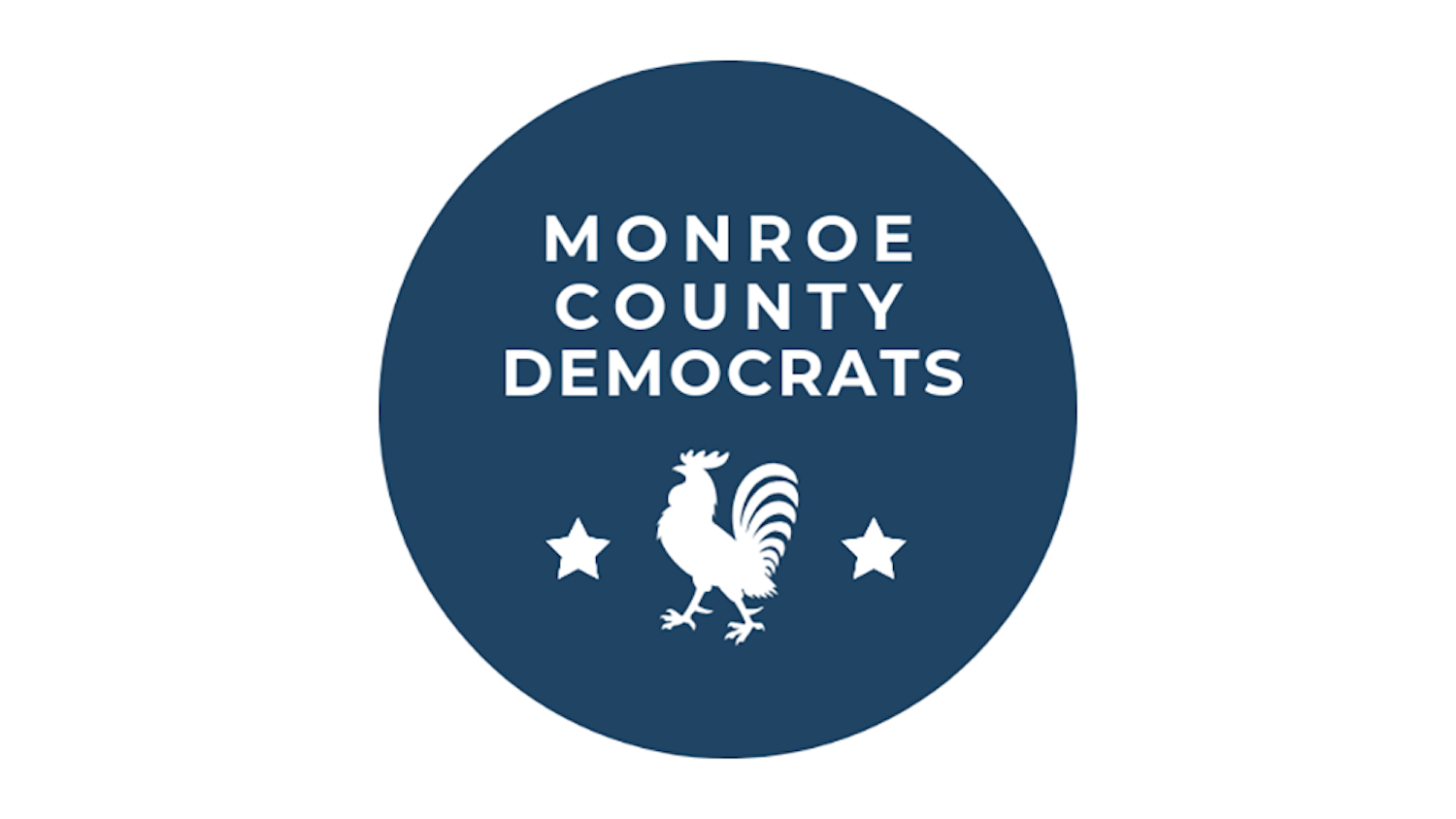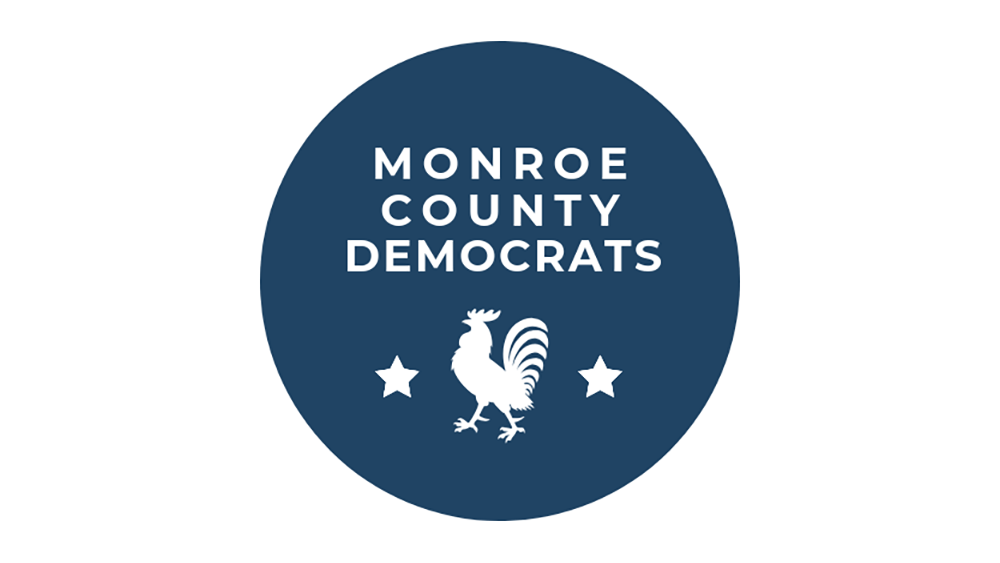While getting paid to stare at pictures for three hours might seem like an unlikely summer job, the Biobehavioral Alcohol Research Laboratory is making it a reality with its project in attention-biases and hot cognition in drug dependence.\nAccording to its Web site, the laboratory is conducting research to investigate attention biases to reward stimuli in drug-dependent individuals and how the biases are associated with personality, anti-social traits and learning.\n“We ask people to call us if they are interested in participating, and we administer a phone screening,” Laboratory Director Jesolyn Lucas said. \nThough the grant given to the study allows for 400 to 500 participants, the program now has about 150. However, this number tends to be even lower during the summer, when Bloomington is home to fewer young adults. Lucas said that in the summer, testing slows down to somewhere between a quarter and one-third of its usual participation level. \nMartin Rickert, a research scientist and scientific director for the laboratory, said the decrease in participants does not have a negative effect on the study, because scientists focus on other things during the summer, such as writing manuscripts, examining results, creating new experiments, data entries and hiring new assistants.\n“Things slow down,” he said, “but that kind of works into the course of the project.” \nRickert also said experimenters target different parts of the sample, depending on what is available. He said that during the summer, members of the group that do not have a dependence on any kind of substance might be recruited more.\nThe four major groups the study is interested in testing are: individuals who do not drink or do drugs, individuals who show a dependence on alcohol, individuals who show a dependence on marijuana and individuals who show a dependence on multiple drugs.\nIn order to take part in the study, participants take part in three sessions for three hours each with a $10-an hour-compensation. During these sessions, participants do things such as interviews, questionnaires and eye-tracking.\nEye-tracking is an advanced form of technology that allows the scientists to map the participant’s line of vision to determine a reaction to a series of photos. The pictures may contain a variety of stimuli, including alcohol, marijuana, gruesome scenes or everyday occurrences. Lucas said participants with a substance abuse problem may have difficulty looking away from photos of their substance of choice.\nThe study is being funded by the National Institute on Alcohol Abuse and Alcoholism and the National Institute on Drug Awareness and is taking place within the IU psychology department. \nRickert said, however, that it is not a reflection of IU students but rather substance abusers as a whole.\n“The study is a targeted sample that is representative of the population at large,” he said. “(IU) is just where we get our sample.”\nFor more information on the experiments, or becoming a participant, visit the study’s Web site, subsci.org.
Summer sees drop in psych test participants
Get stories like this in your inbox
Subscribe





